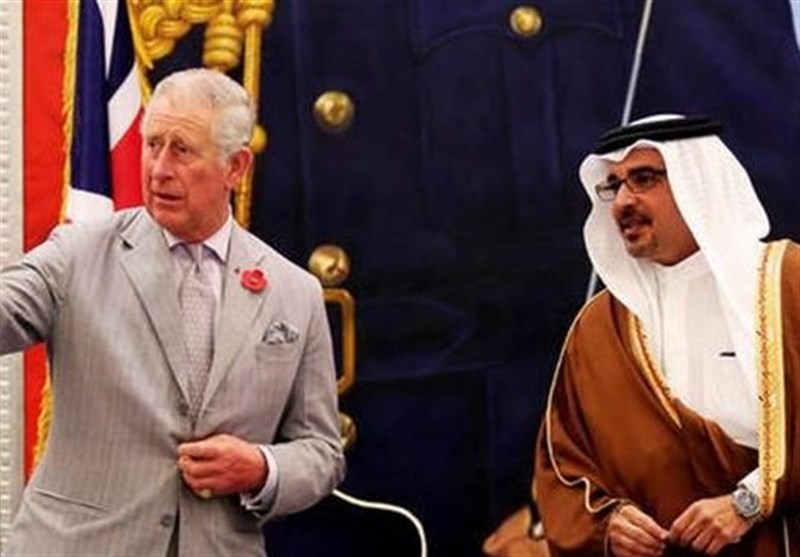
RNA - The Prince of Wales is touring the Persian Gulf state until Friday as part of a trip that includes "greenlighting" a £30m British navy base.
Refugee Sayed Alwadaei, Director of Advocacy at the Bahrain Institute of Rights and Democracy (BIRD), spoke exclusively to The Independent after recently being reunited with the family he thought he would never see again.
The stateless campaigner is asking Britain’s Prince Charles not to allow himself "to be used as an ambassador for the arms industry” and to visit Nabeel Rajab who is in prison for posting anti-government tweets.
“Prince Charles’s visit is giving the Bahrain authorities a green light to continue their oppression and using him to whitewash human rights abuses,” said Mr Alwadaei.
British Prime Minister Theresa May is also scheduled to visit the kingdom for a (Persian) Gulf Cooperation Council Summit in December.
"It just shows you how low this Conservative government goes," Mr Alwadaei added.
The royal visit follows the return of Mr Alwadaei's 19-month-old son, Sayed Junior, and wife Duaa to his north London home after they say they were violently interrogated in Bahrain.
Their detention followed the 30-year-old Sayed being pictured being restrained by police in London when he screamed in protest as the King of Bahrain, Hamad bin Isa al Khalifa, visited Downing Street on October 26.
A few hours later, 25-year-old Duaa said she was apprehended at Manama Airport and dragged along the floor by two police officers. Her crying infant son Sayed Junior was also snatched from her by force as part of the incident, which prevented them boarding a return flight to London after a month away visiting family.
Duaa says that during a seven-hour detainment, she was repeatedly told to “shut up” and that officers “will get the animal [Sayed]” and beaten across the shoulders.
She says she was subsequently made the subject of a travel ban, until on November 1 she and Sayed Junior were finally permitted to fly home in the company of a US diplomat.
“The British government is backing an oppressive regime,” said Mr Alwadaei, when asked if he regrets his protest last month.
“For me it was an exercise in exposure to show how far those oppressors go. I will do whatever it takes to raise awareness and I’m prepared to pay the consequences.”
The Brighton University electronics graduate, who returned to Bahrain to build a career, says he was previously beaten and left bleeding in the street at a February 2011 demonstration inspired by the Arab Uprising.
He says he was tortured for 28 days, which included blindfolding, regular beatings, being stripped naked and given shock treatment as punishment for talking to the media.
The military court handed out a four-year prison term over terror charges, reduced to six months, where he was allegedly sexually assaulted, had his head stamped on and his head repeatedly banged against the wall.
Human Rights Watch list Bahrain's civil liberties record as “dismal”. Amnesty International says hundreds convicted in unfair terrorism-related trials.
847/940